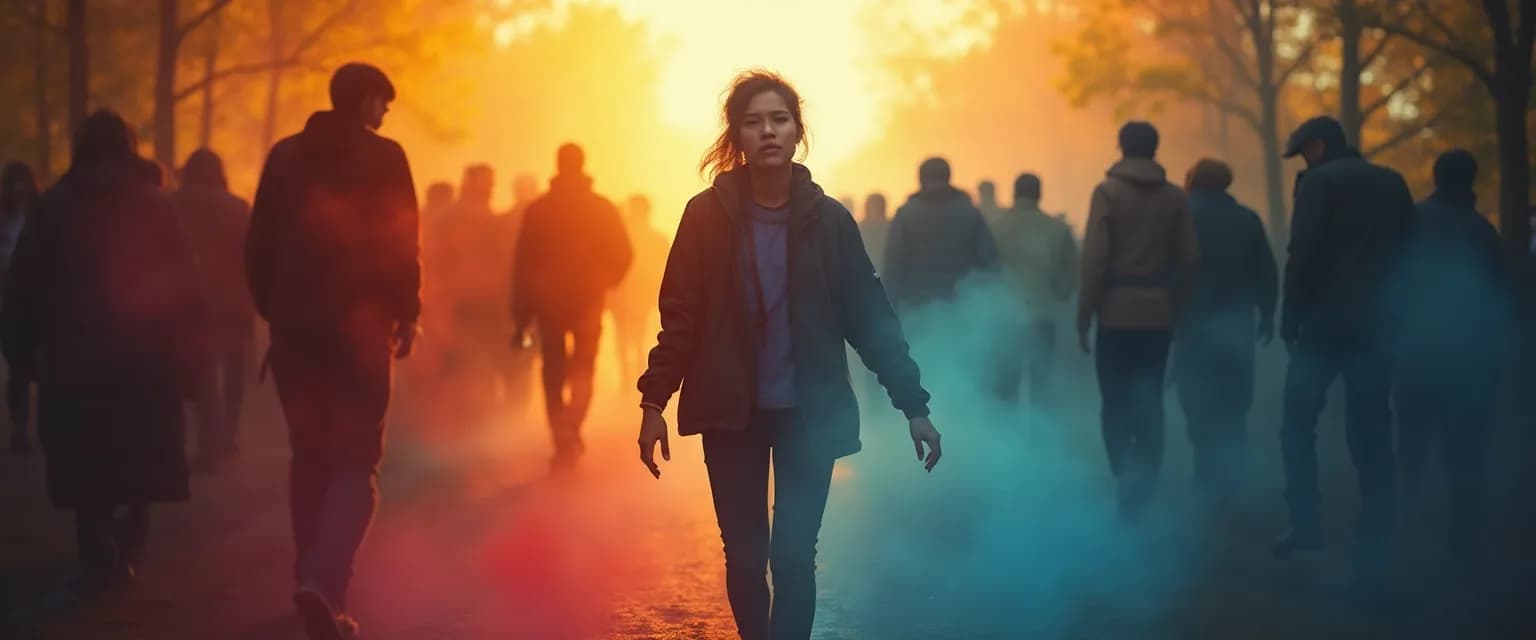Breaking the Procrastination in Community Involvement Cycle: From Sidelines to Action
Ever noticed how the idea of getting involved in your community feels exciting... until it's time to actually do it? This classic procrastination in community involvement pattern affects countless well-intentioned people. You genuinely want to make a difference—perhaps joining that neighborhood cleanup, volunteering at the food bank, or attending the local council meeting—but somehow, these activities perpetually remain on tomorrow's to-do list. This hesitation creates a curious gap between our civic aspirations and actions, leaving many stuck in a cycle of delayed participation.
Procrastination in community involvement isn't just about missing opportunities to connect—it actually impacts your wellbeing too. Research shows that community engagement is linked to increased happiness, purpose, and reduced stress levels. Yet our brains often prioritize immediate rewards over long-term benefits, making it easy to postpone meaningful social connections despite knowing their value.
The good news? Breaking this cycle doesn't require dramatic life overhauls. Small, strategic shifts in how you approach community participation can transform hesitation into action. Let's explore why this happens and how to move from the sidelines into meaningful engagement.
Understanding Your Procrastination in Community Involvement Patterns
Before tackling procrastination in community involvement, it helps to understand what's actually happening beneath the surface. Several psychological mechanisms typically drive this hesitation, and recognizing your particular pattern is the first step toward changing it.
Time perception plays a crucial role. Our brains tend to overestimate the time and effort community activities will require while undervaluing the long-term benefits. This cognitive distortion makes it easy to convince yourself that you'll have "more time later"—despite evidence that this rarely materializes.
Social anxiety represents another significant barrier. The prospect of entering new community spaces, introducing yourself to strangers, or being evaluated by others can trigger discomfort that your brain seeks to avoid. This discomfort leads many to delay community participation indefinitely, even when they genuinely want to connect.
Perfectionism also fuels procrastination in community involvement. The pressure to make a significant impact right away can paradoxically prevent any action at all. When you believe your contribution must be substantial or flawless, taking that first small step becomes intimidating rather than exciting.
Finally, not knowing where to start creates genuine confusion. With countless causes and organizations seeking support, decision paralysis can set in, making it easier to postpone choosing than to commit to any specific opportunity. This overwhelm keeps many potential contributors permanently on the sidelines.
Practical Strategies to Overcome Procrastination in Community Involvement
Breaking through procrastination in community involvement becomes significantly easier with the right approach. These science-backed strategies help transform hesitation into consistent community participation:
The "Micro-Commitment" technique works wonders for overcoming initial resistance. Instead of pledging twenty hours a month, start with just one hour. Research shows that small initial commitments create momentum that naturally expands over time. For example, offer to help at a single event rather than joining a committee immediately.
Another effective approach is matching your existing skills to community needs. When you contribute using abilities you already possess, participation feels less daunting and more immediately rewarding. This confidence-building strategy helps overcome the perfectionism that often delays involvement.
Creating accountability works remarkably well too. Share your community involvement intentions with a friend, or better yet, invite them to join you. Having someone expecting your participation significantly increases follow-through rates and makes the experience more enjoyable.
Finally, schedule specific community activities in your calendar rather than keeping them as vague intentions. Treating these commitments like important appointments dramatically increases the likelihood you'll follow through.
Transform Your Community Impact: Beyond Procrastination to Consistent Involvement
Once you've broken through initial procrastination in community involvement, maintaining momentum becomes your next challenge. The key is recognizing and celebrating the positive feedback loop that community engagement creates—each positive interaction builds confidence for the next.
Start this week by selecting just one community opportunity that aligns with your interests and available time. Remember that consistent small actions create more impact than sporadic grand gestures. As your comfort grows, gradually expand your involvement based on what genuinely energizes you.
The ripple effect of your participation extends far beyond what's immediately visible. When you move beyond procrastination in community involvement, you not only enhance your neighborhood but also inspire others to follow your example. That first step you take today might just be the catalyst someone else needs to begin their own journey from sidelines to action.




